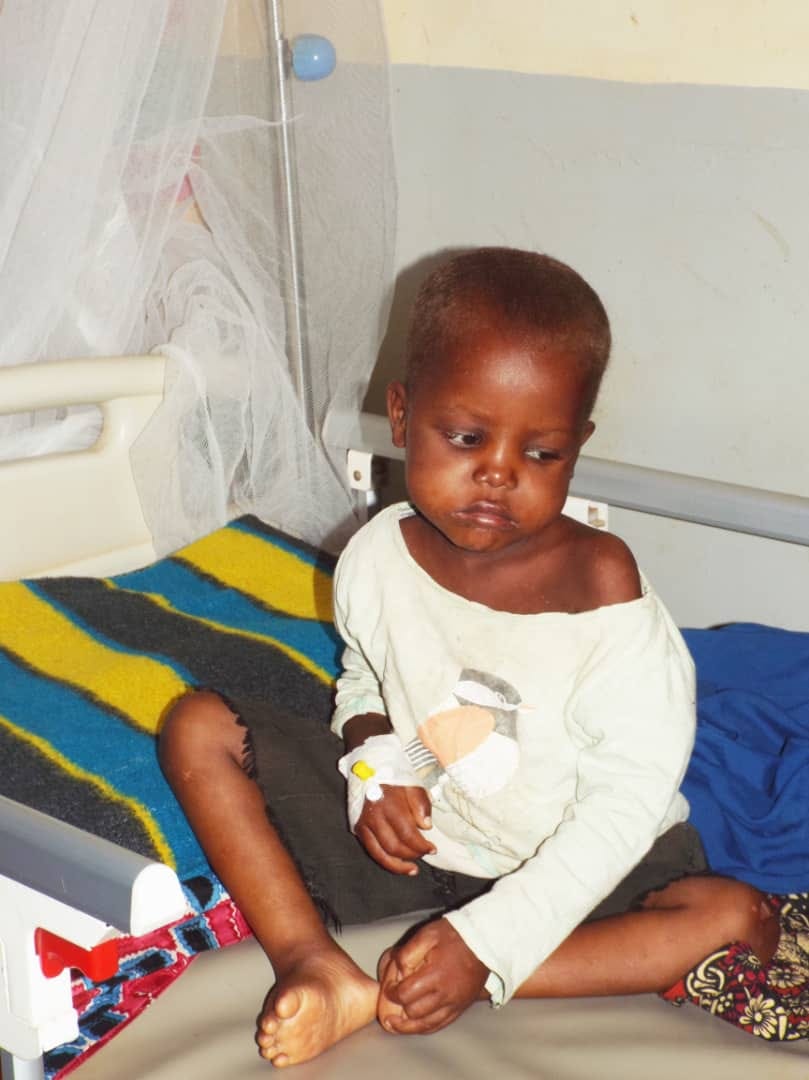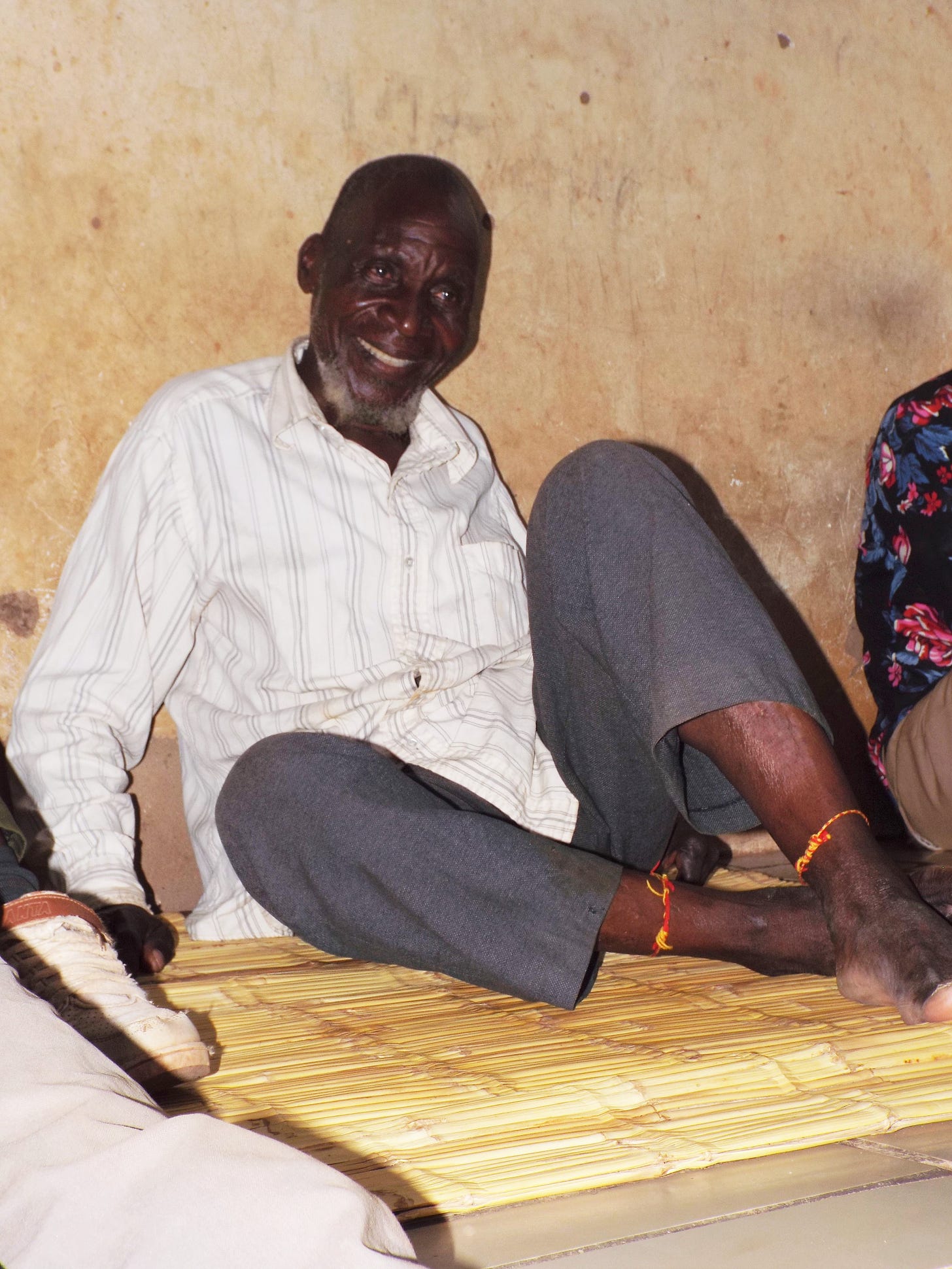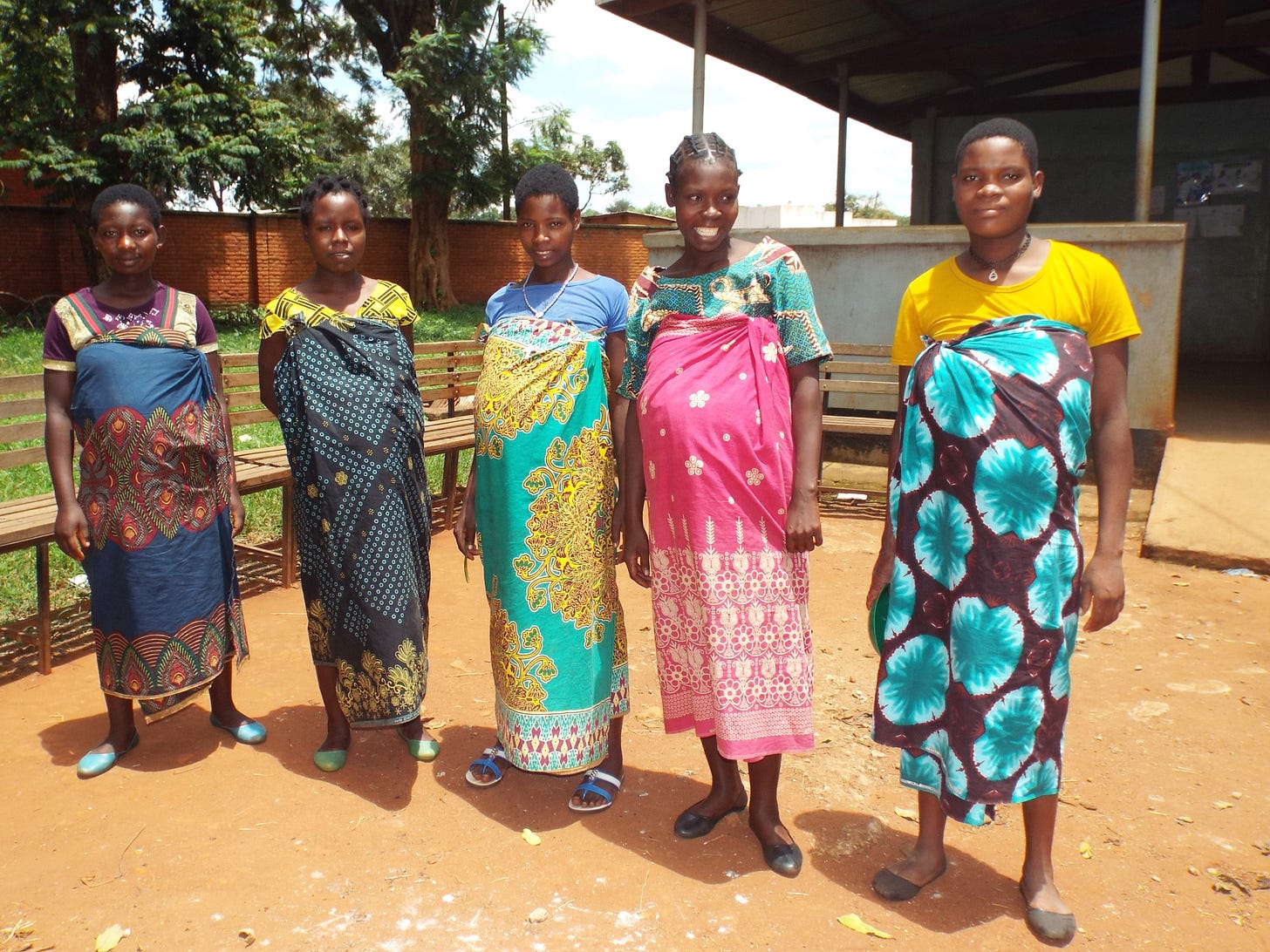When Religious and Cultural Beliefs Clash With Pediatric Care
The Evangelical Association of Malawi, a grouping of 72 denominations, said it is unfair for Churches to restrict members from seeking medical treatment on the belief that it is “against God’s Word.”

MALAWI: The Government of Malawi is taking some actions against those people who are denying children and others the right to access health care on the belief that God will heal them through prayers only when they get sick.
In February this year, a court in Neno district sentenced a couple to two years and six months in jail following the deaths of their two children. The children were denied access by their parents to health care after they fell sick because of religious beliefs.
Ben Jekentala and his wife who are members of the Apostolic Church were jailed because the court found them guilty of failing to protect the children.
Ben Jekentala and his wife who are members of the Apostolic Church were jailed because the court found them guilty of failing to protect the children.
In 2018 the court in Blantyre jailed Saddock Kankhuni for not allowing his pregnant wife seek medical help at a health facility because his Church, the Seventh Day Apostolic, doesn’t believe in people seeking medical help when they fall sick. The wife died of high blood pressure.
Henry Jumbe, one of the Church Elders of the Zion City Church in Lilongwe defended the actions of the Churches like the Seventh Day Apostolic and his that are restricting their members from seeking treatment from hospitals.

He argued that the Bible is clear about what should be done when one falls sick.
“God is speaking to His people through the Prophets and that is recorded in several Chapters. You can read the Chapters if you so wish,” said Jumbe while quoting Exodus 20:5, Leviticus 11:1 and many other verses in the Bible.
In Exodus 20:5 God commands His people not to bow down to any idol or worship any of it. And God in the same verse talks about punishing His people and their generations to come if they do not do His will.
Paul Golomani, another Church Elder from Zion City Church, agrees with Jumbe that anyone who goes to a hospital seeking treatment “is in violation of God’s Word and it is not the Church that excommunicates them but themselves.”

The victims in most of these cases are children and pregnant women, said Wyson Chilonga, Senior Health Surveillance Assistant (SHSA) at Mitundu Health Centre in Lilongwe.
Chilonga said children and pregnant women are at risk if they are denied access to medical care such as being vaccinated against tetanus for pregnant women and Bacillus Camette-Guerin (BCG) vaccines against TB for children.
He said the Nutrition Rehabilitation Unit housed at the facility receives on average 20 cases of malnourished children and some parents seek medical treatment for their children late because they do not want to come to the hospital immediately they fall sick.
At Zumulu Health Post in Machinga district Willard Ngolanga, a senior Health Surveillance Assistant said the situation is no different from the many other health centres. At his health post, in a week there are five serious malnutrition cases being reported.
He also said most of the cases are a result of cultural and religious beliefs where people believe that they have been bewitched when they fall sick and that in some cases religion doesn’t allow them seeking health care from doctors.
Ngolanga said religious beliefs are contributing to rising cases of malnutrition and he said government needs to be strong to act on such “beliefs that are detrimental to one’s health.”
Freedom of worship vs patients’ right to medical care
The country’s Constitution allows for freedom of worship. But some Church leaders and lawyers warn that this freedom of worship should not be at the expense of others.
The Evangelical Association of Malawi, a grouping of 72 denominations, said it is unfair for Churches to restrict members from seeking medical treatment on the belief that it is “against God’s Word.”
“Freedom of worship does not entail that churches should not allow their members to seek health care. This is wrong. The Biblical verses being quoted are not clearly understood,” said Howard Kasiya, the Association’s spokesperson.
He further said people are free to go to any health facility in Malawi to be treated and nobody should be allowed to stop them.
“Not only that, if some people choose to eat the kind of food they want let them do so unless they fall sick or something happens to their health then they can stop doing so on advice from doctors,” he said.
Khwima Mchizi, a human rights lawyer, said it was wrong to deny people access to health care and government is right to arrest anyone responsible for the death of any church or family member based on religious or cultural beliefs.
“Everyone has the right life and right to seek medical treatment unless the person chooses on his or her own not to do so,” he said, adding, “Whoever is making a decision about a child should do so with the interest of the child coming first.”
Government condemnation
The actions by the Churches that prevents their followers from accessing medical care have been condemned by government.
Fred Simwaka, Public Relations Officer at the Ministry of Gender, Community Development and Social Welfare, said it was wrong for religious leaders not to allow members of their faiths to seek medical help especially children.
He condemned the practice arguing it was not of beneficial to children whom he said “must be protected from such harmful effects,”
In 2010 former president late Bingu wa Mutharika, condemned religious groups and their leaders for restricting members of their Churches from seeking medical treatment describing the doctrines as “heinous, unbiblical and tantamount to murder”.
His condemnation came barely days after it was learned that over 100 members of the Seventh Day Apostolic Church in Mulanje restricted their children from being vaccinated against measles.
Mutharika said such religious leaders and their churches are “breaking the law” for not allowing their children to access medical treatment and getting vaccinated.
Solutions
Chilonga explained that people have the right to seek medical treatment and “nobody should restrict them.” He said when people are undernourished they are prone to so many diseases such as pneumonia which are curable.

“Pregnant women should be allowed to visit antenatal clinics. It is here where they are advised on the kind of diet to take and this is aimed at reducing malnutrition among pregnant women and children,” he said.
Mchizi on the other hand said government has the responsibility to protect its citizens from abuse and arresting those responsible for the deaths of children to deter others is the way to go.
“Although government cannot force people to seek medical treatment but where it feels that certain diseases such as COVID-19 and other communicable diseases are likely to affect other people, government can force those people to seek treatment to protect others,” he said.
___________________________________
*This work was supported by a Global Nutrition and Food Security Reporting Fellowship from the International Center for Journalists and the Eleanor Crook Foundation.





An important article. Thank you for exposing what is taking place on the ground at the expense of people 's health